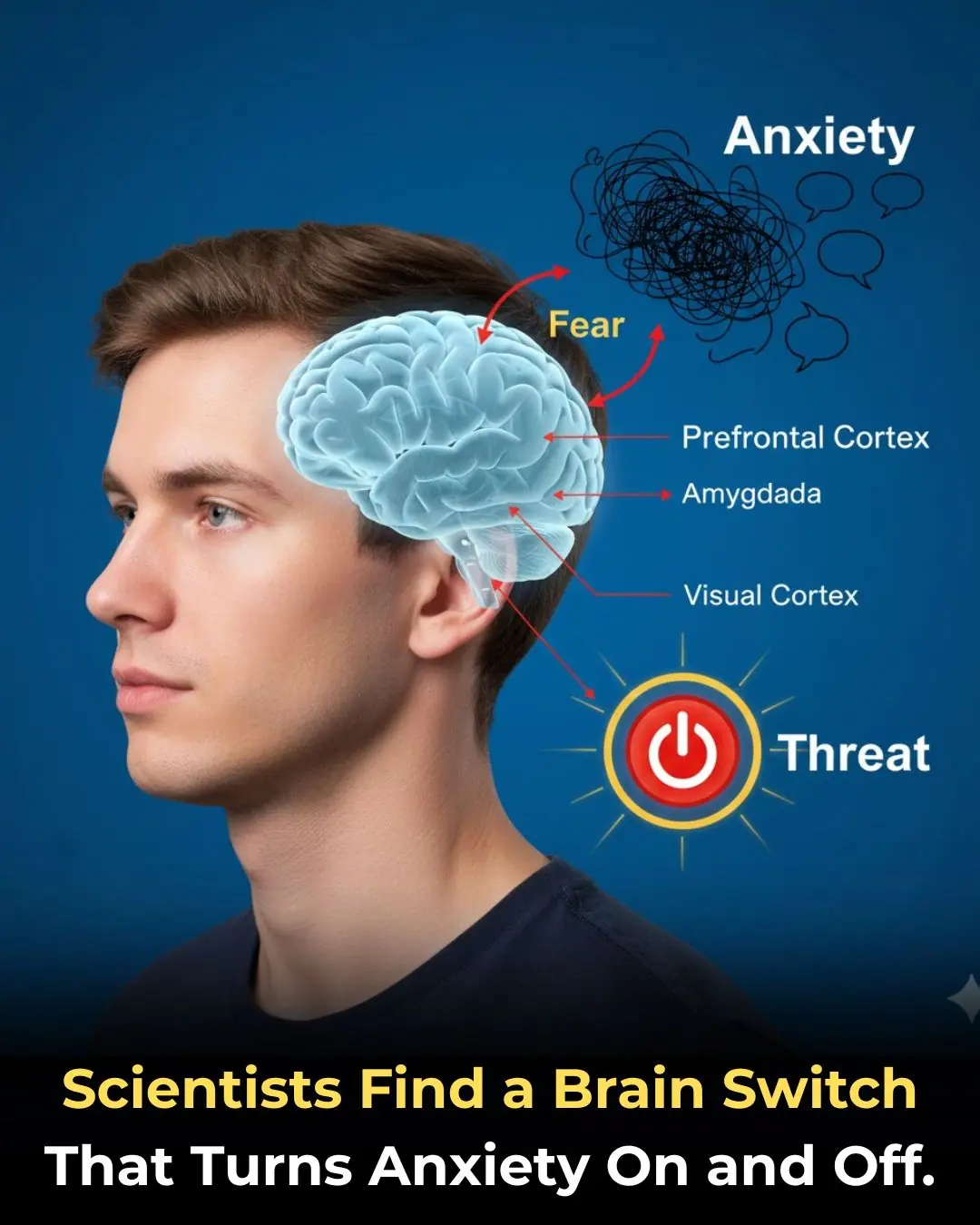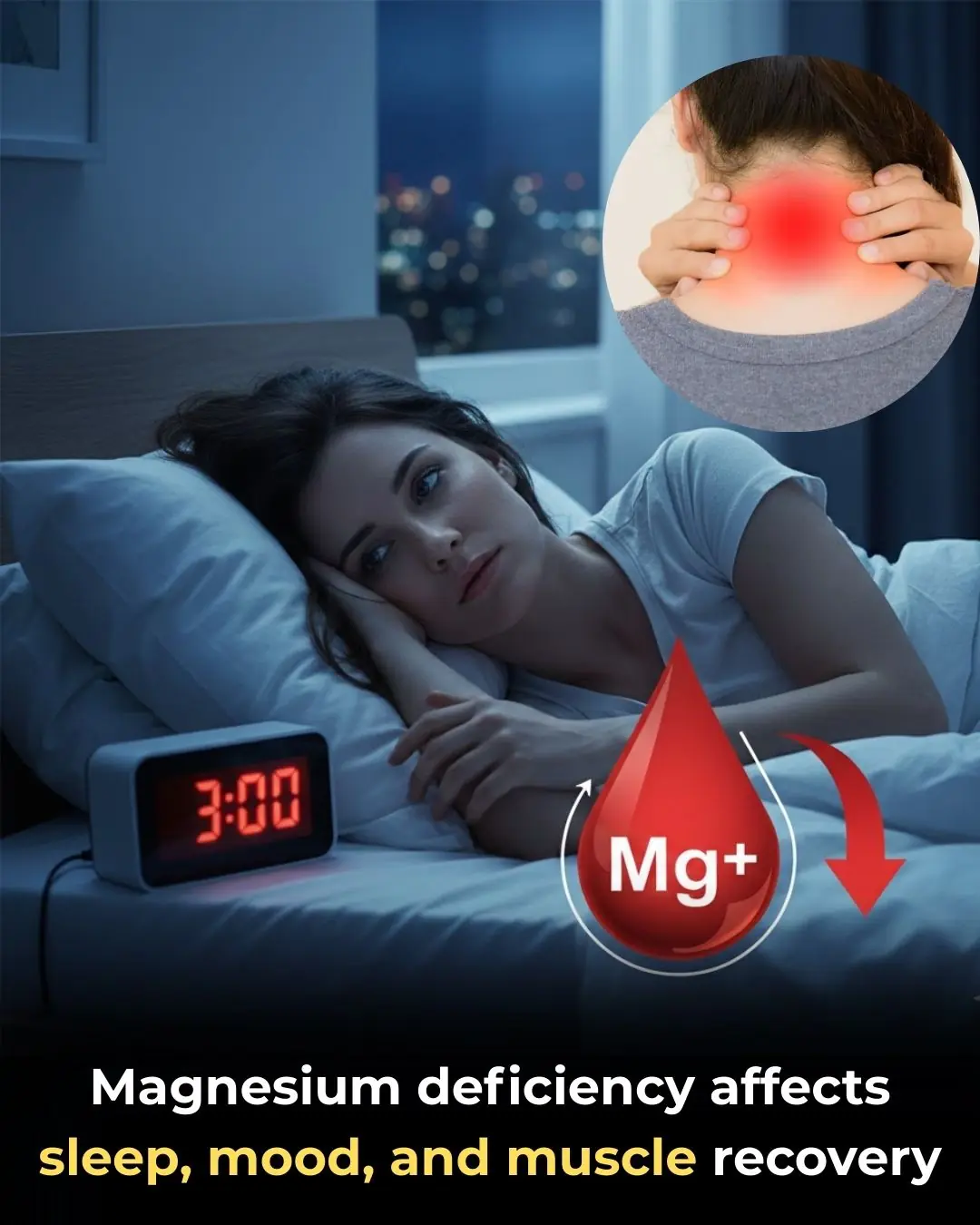
Canadian Scientists Develop Mini Robot to Treat Kidney Stones Without Surgery

A Miniature Magnetic Robot That Could Transform Kidney Stone Treatment
Scientists in Canada have developed a magnetic, rice-sized medical robot capable of treating kidney stones without the need for traditional invasive surgery. This breakthrough represents a significant leap in the field of medical robotics, offering a less painful and far more efficient alternative for a condition that affects millions of patients each year. According to the National Institute of Diabetes and Digestive and Kidney Diseases (NIDDK), more than 10% of people will experience kidney stones at some point in their lives, underscoring the global relevance of this innovation.
The miniature robot is maneuvered through the urinary tract using carefully controlled external magnetic fields. This magnetic guidance technology enables physicians to navigate the device with high precision directly toward the stones. Upon arrival, the robot can either break the stones into smaller pieces or extract them completely. By targeting the stones without large incisions, the approach significantly reduces patient discomfort, recovery periods, and complications commonly seen with standard surgical procedures such as ureteroscopy or percutaneous nephrolithotomy.
Early laboratory experiments have shown promising results regarding the robot’s performance, demonstrating strong accuracy, safety, and efficiency. Its extremely small size allows it to travel through delicate biological pathways while minimizing the risk of injuring surrounding tissues. If validated in clinical environments, patients could benefit from faster symptom relief, fewer post-operative complications, reduced reliance on anesthesia, and notably shorter hospital stays. Studies published in journals like Nature Biomedical Engineering emphasize the growing interest in magnetically controlled micro-robots for similar minimally invasive procedures.
This development integrates cutting-edge robotics, nanotechnology, and advanced medical imaging into a unified system. The project reflects a broader shift in healthcare research, where interdisciplinary collaboration drives the creation of highly specialized technologies. Researchers anticipate that future generations of these micro-robots may be capable of delivering localized drug therapies, performing micro-scale surgical tasks, or continuously monitoring internal organs in real time—possibilities that could reshape diagnostic and therapeutic practices across multiple medical fields.
Should clinical trials confirm the efficacy and safety of this device, the magnetic mini-robot could redefine the standard of care for kidney stones and a range of other urological disorders. Its success would highlight the immense potential of miniaturized robotic systems to make medical treatments safer, quicker, and less physically and emotionally demanding for patients.
From fragmenting stones to navigating the intricate structures of the human body, this small yet sophisticated robot represents a major step forward in the evolution of non-invasive healthcare. It vividly demonstrates how innovations at a microscopic scale can generate substantial and lasting benefits for modern medicine.
Sources
-
National Institute of Diabetes and Digestive and Kidney Diseases (NIDDK) – Kidney Stone Data
-
Nature Biomedical Engineering – Research on magnetically actuated micro-robots
-
Mayo Clinic – Clinical guidelines on kidney stone treatment
-
Canadian Institutes of Health Research (CIHR) – Funding and support for medical robotics research
News in the same category


Jorge the Loggerhead Turtle: A Story of Rehabilitation, Freedom, and Remarkable Resilience

Revolutionary Discovery: Reprogramming Cancer Cells to Restore Health and Transform Treatment

🚿 8 Bathroom Habits That Ruin Your Feeling of Freshness (And How to Fix Them)

Rebuilding with Purpose: Japan’s Monumental Tsunami Wall and Living Forest Shield

Which Raw Food Would You Eat

A Heartfelt Goodbye: Graduate’s Simple Thank-You Moves Security Guard to Tears

💉 The Future of Cardiac Screening: New Blood Test Detects Hidden Heart Disease Years Before Symptoms

🧠 The Anxiety Circuit: Discovery of a Neural Pathway That Functions as an On/Off Switch for Fear

🚶 The Power of Post-Meal Movement: Why a Ten-Minute Walk is a Game-Changer for Blood Sugar Control

✨ The Unsung Mineral: How Magnesium Deficiency Compromises Nerve Signaling and Undermines Holistic Health

🎮 The Virtual Battlefield: How the British Army is Leveraging Call of Duty for Next-Generation Tactical Training

🍔 The Hijacked Brain: How Ultra-Processed Foods Mimic Addiction and Disrupt Decision-Making

How Chronic People-Pleasing Could Increase Your Risk of Autoimmune Disease

Autophagy: How Your Body's 'Self-Cleaning' Process Boosts Health and Longevity

Groundbreaking Stem Cell Therapy Reverses Type 1 Diabetes, Restoring Natural Insulin Production

Breakthrough Ready-Made Immune Cell Therapy Shows Promise in Treating Advanced Kidney Cancer

Early Detection of Testicular Cancer: The Key to Saving Lives in Young Men

New Research Shows Coffee Consumption Can Reduce Liver Cancer Risk by 43%
News Post

How to Make Fennel Seeds Water/Tea – Benefits of Fennel Seeds for Weight Loss & Health

Israel’s Innovative Smart Water Pipes: Revolutionizing Water Infrastructure and Renewable Energy Generation

Drink one cup daily of this juice to UNCLOG arteries?

Jorge the Loggerhead Turtle: A Story of Rehabilitation, Freedom, and Remarkable Resilience

Don’t ignore your legs: the surprising early signs of pancreatic cancer

Revolutionary Discovery: Reprogramming Cancer Cells to Restore Health and Transform Treatment

You’re doing it all wrong. Here’s the right way to organize fridge

12 medications you should never mix with coffee

Juniper: 20 Remarkable Benefits and How to Use It

🚿 8 Bathroom Habits That Ruin Your Feeling of Freshness (And How to Fix Them)

Homemade Herbal Hair Oil – Adivasi Hair Oil

Rebuilding with Purpose: Japan’s Monumental Tsunami Wall and Living Forest Shield

Which Raw Food Would You Eat

WARNING: This common pill causes dementia

A Heartfelt Goodbye: Graduate’s Simple Thank-You Moves Security Guard to Tears

This Is One Of The Most C.ancer-Causing Foods – Stop Eating It!

Put aluminum foil under the pillow before going to bed what happens

💉 The Future of Cardiac Screening: New Blood Test Detects Hidden Heart Disease Years Before Symptoms
